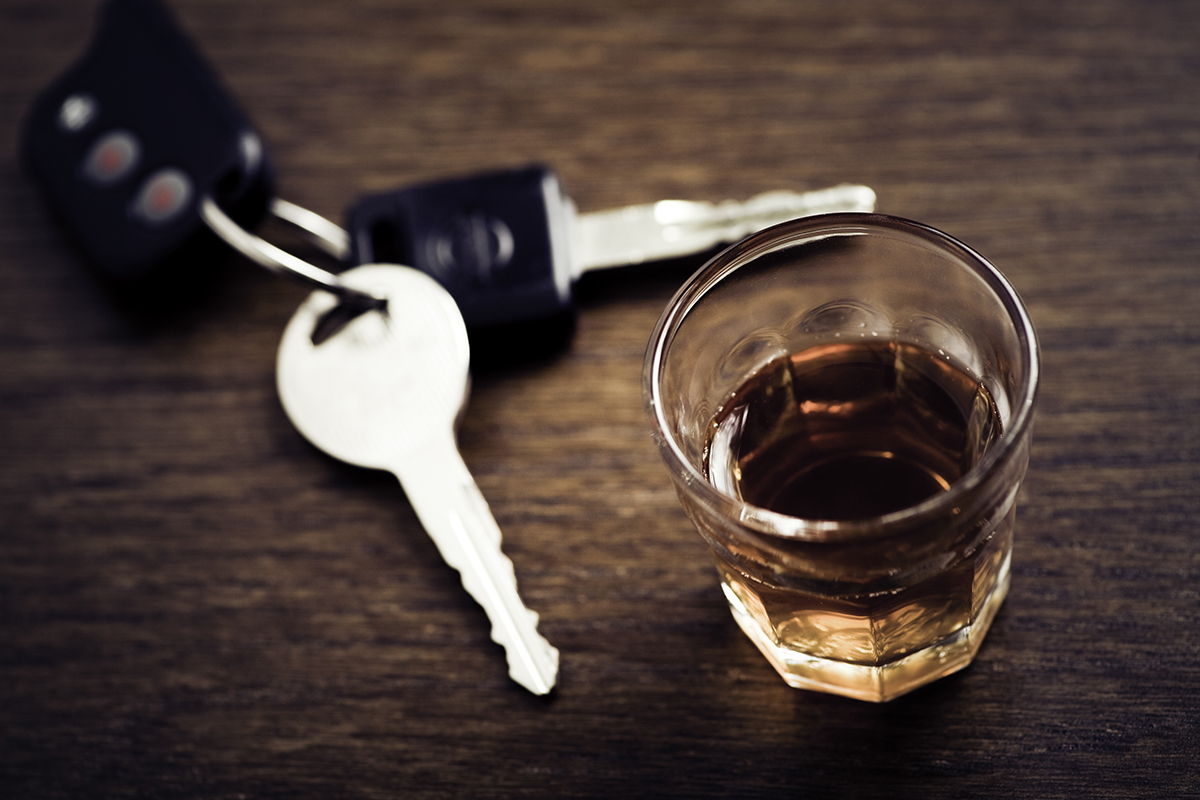Supreme Clarifies Evidence Needed for Dram Shop Liability

Almost every party host—whether employer, bar or restaurant owner, or neighbor—at some point wonders whether one or more guests have had too much to drink and whether those guests can safely drive home. The Texas Supreme Court recently provided guidance on what evidence is necessary to establish liability for the hosts.
In Texas, a provider of alcohol can be held liable if the provider sells or serves alcohol to a customer and the provision of that alcohol causes harm to the plaintiff. However, the provider can only be held liable if it was apparent, to the provider, at the time of the provision of alcohol that the customer was obviously intoxicated to the extent that they created a clear danger to themselves or others. This is called the Dram Shop Act in Texas, and the Texas Supreme Court recently clarified the requirements to succeed in a lawsuit against a provider in Raoger Corporation v. Barrie Myers.
In Raoger Corporation v. Barrie Myers, a man crashed into Myers, causing Myers serious injuries. After the accident occurred, the man’s blood was taken shortly after 3:00 AM and his BAC was .0139. The police and Myers learned the man was drinking earlier that evening at a restaurant in Dallas. From the testimony in the case, the man arrived at the restaurant between 9:45 and 10:00PM, sober, closed his bar tab for four drinks at approximately 10:30PM, left to drive the woman he went to the restaurant with home around 11:00PM, went into her home until approximately midnight, and got into an accident with Myers shortly after. The testimony in the case, from the restaurant staff, the police at the crash scene, the driver himself, and the female with the driver, makes clear that no one outwardly observed how intoxicated the man was but that his high BAC clearly meant the man was intoxicated and likely consumed a large number of drinks at some point in the night.
The restaurant filed a motion for summary judgment in the trial court, stating that the Plaintiff had not provided any evidence that the restaurant was liable under the Dram Shop Act. The trial court granted the motion. The appellate court overturned the ruling, and the Supreme Court accepted the restaurant’s petition for review.
The Supreme Court ruled that the motion was properly granted because evidence that is more than just surmise is needed to succeed in a Dram Shop Act case to show that it was apparent to the provider that the customer was obviously intoxicated. The Supreme Court makes clear this is a high standard that cannot be met solely by showing that the customer’s BAC was high even hours after their consumption of alcohol at the provider’s establishment or by the number of drinks consumed. In fact, the Supreme Court ruled that these facts, along, do little to nothing to establish that a customer’s intoxication was apparent at the time they were served.
While the Supreme Court clearly indicated what is not enough to support a ruling against a provider in a Dram Shop Act case, it did, also, provide some insight into what may be enough. The Supreme Court differentiated Plaintiff’s expert testimony in this case from expert testimony in others specifying that, here, the expert only testified about how many drinks the driver would have consumed to have a BAC that high hours later. However, if the expert had testified about how a person with a BAC of .0139 would have been acting hours earlier in the evening at the time he was at the restaurant, the Court seemingly indicated that testimony may have been sufficient evidence to overcome summary judgment.
The attorneys in our Austin and Dallas office are available to answer any questions you may have. Please contact us at info@gstexlaw.com.
Legal Disclaimers
This blog is made available by Gerstle Snelson, LLP for educational purposes and to provide general information about the law, only. Neither this document nor the information contained in it is intended to constitute legal advice on any specific matter or of a general nature. Use of the blog does not create an attorney-client relationship with Gerstle Snelson, LLP where one does not already exist with the firm. This blog should not be used as a substitute for competent legal advice from a licensed attorney.
©Gerstle Snelson, LLP 2025. All rights reserved. Any unauthorized reprint or use of this material is prohibited. No part of this blog may be reproduced or transmitted in any form or by any means, electronic or mechanical, including photocopying, recording, or by any information storage or retrieval system without the express written permission of Gerstle Snelson, LLP.

